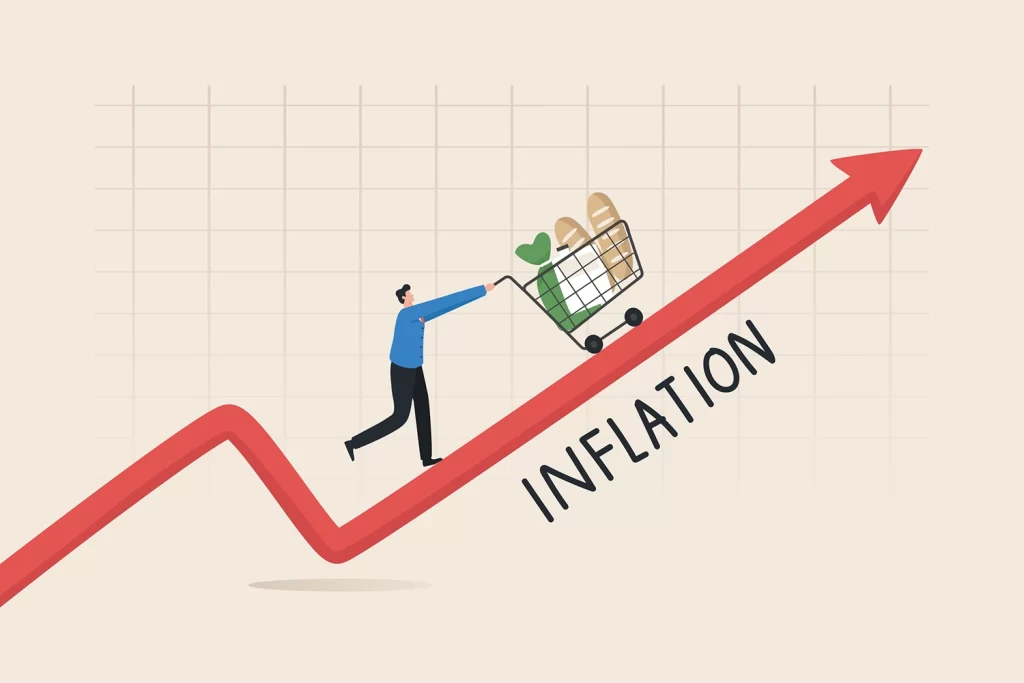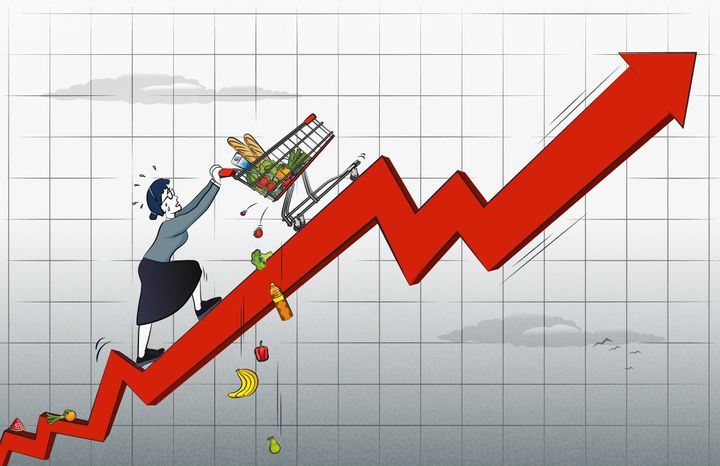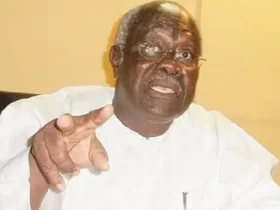
In February 2024, Nigeria’s inflation rate climbed to 31.70 percent, up from January’s 29.90 percent, according to the latest CPI and inflation report released by the National Bureau of Statistics.
This marks a 1.80 percent increase, signifying a faster rise in the average price level compared to January 2024.
The report read, “In February 2024, the headline inflation rate increased to 31.70 percent relative to the January 2024 headline inflation rate which was 29.90 percent.”
In February 2024, the annual inflation rate surged by 9.79%, surpassing the 21.91% rate observed in February 2023.
Additionally, the month-on-month headline inflation rate in February 2024 spiked to 3.12%, marking a 0.48% rise from January 2024’s 2.64%.
These figures demonstrate that the pace of average price hikes in February 2024 outpaced the rate seen in January 2024.
The NBS further stated, “Looking at the movement, the February 2024 headline inflation rate showed an increase of 1.80 percent points when compared to the January 2024 headline inflation rate. On a year-on-year basis, the headline inflation rate was 9.79 percent points higher compared to the rate recorded in February 2023, which was 21.91 percent.
“This shows that the headline inflation rate (on a year-on-year basis) increased in the month of February 2024 when compared to the same month in the preceding year (i.e., February 2023).
“Furthermore, on a month-on-month basis, the headline inflation rate in February 2024 was 3.12 percent, which was 0.48 percent higher than the rate recorded in January 2024 (2.64 percent).”
Despite the Central Bank’s implementation of tightened monetary policy, the latest surge in inflation persists.
During the most recent Monetary Policy Meeting, the apex bank opted to increase the benchmark interest rate by 400 basis points, setting a new record at 22.75 percent.
CBN Governor Olayemi Cardoso justified this decision by highlighting the deliberations of the members, who weighed the possibility of maintaining or raising the policy rate.
They concluded that without appropriate measures, inflation could potentially persist in the medium term, leading to greater regulatory challenges.
Therefore, the members voted in favor of a substantial increase in the policy rate to significantly curb inflation.
Cardoso emphasized that discussions during the meeting extensively covered various issues in the foreign exchange market, notably the influence of speculators driving up the exchange rate, which consequently exacerbates inflation.
The consensus was to implement a considerable hike in the policy rate as a strategic move to effectively combat inflation.









Leave a Reply